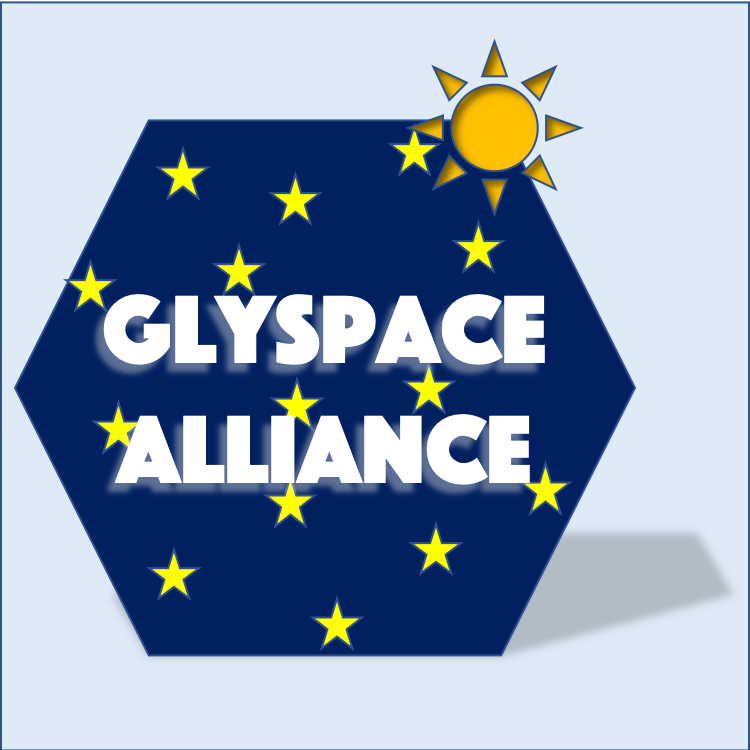Table Filtering
Submissions
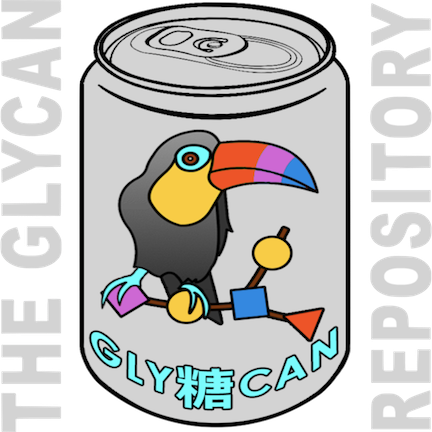
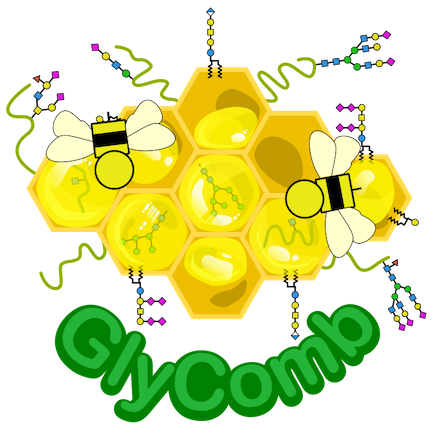
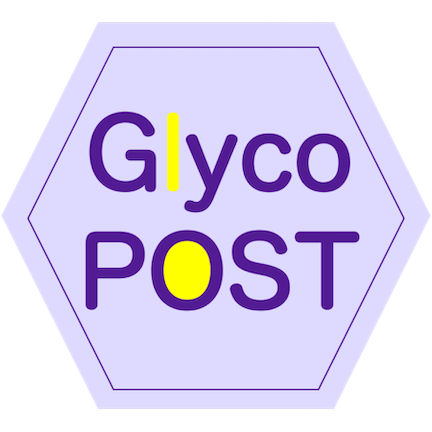



GlyTouCan
Glycan Structure Repository
GlyComb
Glycoconjugate Repository
GlycoPOST
Glycomics MS raw data RepositoryUniCarb-DR
Glycomics MS Repository for glycan annotations from GlycoWorkbench
LM-GlycoRepo
Repository for lectin-assisted multimodality dataAll Resources
Genes / Proteins / Lipids Glycans / Glycoconjugates Glycomes Pathways / Interactions / Diseases / Organisms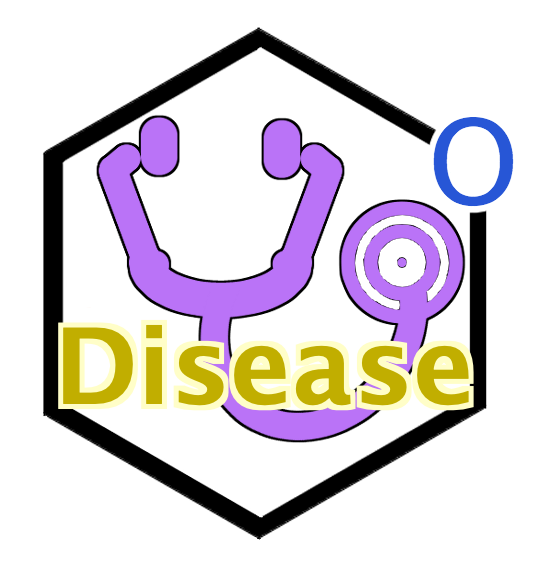 GlyCosmos Diseases
GlyCosmos Diseases
List of diseases involving glycan related genes. The information of each database of Glyco-Disease Genes Database (GDGDB) and Alliance of Genome Resources is integrated into one list.
| Source | Last Updated |
|---|---|
| Alliance of Genome Resources | October 9, 2024 |
| Glyco-Disease Genes Database (GDGDB) | January 25, 2017 |
| Disease ID ▲ | Disease Name | Gene Symbol | Gene ID | Organism | Source |
|---|---|---|---|---|---|
| DOID:0111563 |
|
Homo sapiens (human) | |||
| DOID:0111563 |
|
Mus musculus (house mouse) | |||
| DOID:0111564 |
|
Rattus norvegicus (Norway rat) | |||
| DOID:0111564 |
|
Homo sapiens (human) | |||
| DOID:0111564 |
|
Caenorhabditis elegans | |||
| DOID:0111564 |
|
Mus musculus (house mouse) | |||
| DOID:0111566 |
|
Mus musculus (house mouse) | |||
| DOID:0111566 |
|
Rattus norvegicus (Norway rat) | |||
| DOID:0111566 |
|
Homo sapiens (human) | |||
| DOID:0111571 |
|
Homo sapiens (human) | |||
| DOID:0111571 |
|
Mus musculus (house mouse) | |||
| DOID:0111574 |
|
Homo sapiens (human) | |||
| DOID:0111576 |
|
Mus musculus (house mouse) | |||
| DOID:0111576 |
|
Caenorhabditis elegans | |||
| DOID:0111576 |
|
Homo sapiens (human) | |||
| DOID:0111576 |
|
Rattus norvegicus (Norway rat) | |||
| DOID:0111577 |
|
Homo sapiens (human) | |||
| DOID:0111578 |
|
Homo sapiens (human) | |||
| DOID:0111578 |
|
Mus musculus (house mouse) | |||
| DOID:0111578 |
|
Rattus norvegicus (Norway rat) | |||
| DOID:0111579 |
|
Rattus norvegicus (Norway rat) | |||
| DOID:0111579 |
|
Mus musculus (house mouse) | |||
| DOID:0111579 |
|
Homo sapiens (human) | |||
| DOID:0111580 |
|
Homo sapiens (human) | |||
| DOID:0111581 |
|
Mus musculus (house mouse) |
